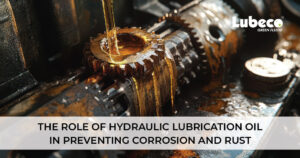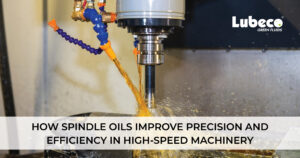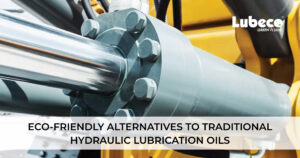Introduction:
Rust, the archenemy of metal surfaces, can affect the integrity and appearance of your valuables. Whether it’s your car, machinery or tools, protecting them from rust is essential to ensuring their longevity and functionality. In this blog, we’ll break down three common methods for preventing rust: coatings, oils and the VCI (Vapor Corrosion Inhibitor) method. By understanding their benefits and differences, you can choose the right method to prevent rust.
Coatings: Armor for your metal:
Coating, also known as paint or protective film, creates a barrier between the metal surface and the surrounding environment. They come in a variety of forms, including paint, enamel, and powder coating.
Benefits:
- Physical Barrier:The coatings form a shield that blocks moisture and oxygen, preventing them from reaching the metal surface.
- Aesthetic Improvement:Many coatings offer color and finish options that can enhance the look of metal objects.
- Sustainability:High-quality coating provides long-lasting protection, even in harsh conditions.
Considerations:
- Application Complexity:Proper coating application requires careful surface preparation and uniform coverage for maximum effectiveness.
- Maintenance:Coatings may require repainting or repainting over time, especially if scratched or damaged.
Oil: Nourish and Protect:
Anti Rust oils, also known as corrosion inhibitors, work by creating a thin film on the metal surface. This film displaces moisture and prevents exposure to air, inhibiting rust formation.
Benefits:
- Easy Application:Anti-rust oils can be applied by spraying, wiping or dipping, making them a user-friendly option.
- Infiltrate:These oils can penetrate hard-to-reach areas and provide rust protection from the inside out.
- Temporary and Long-term Protection:Some oils provide short-term protection, while others provide a longer-term shield.
Considerations:
- Common Applications:Depending on the type of oil and the environment, periodic reapplication may be necessary to maintain protection.
- Residue:Some oils can leave a residue on the surface, affecting the appearance or function of the metal object.
VCI (Vapor Corrosion Inhibitor) method: Invisible Guardian:
The VCI method uses specialized materials that release vapor molecules that adhere to the metal surface, forming a protective layer that helps prevent rust.
Benefits:
- Invisible protection:The VCI methods provide protection without leaving visible deposits or altering the appearance of the metal.
- Long distance protection:VCI molecules can access crevices and gaps that are difficult to reach with other methods.
- Easy to use:VCI methods typically require minimal application effort because the molecules do the job of preventing corrosion.
Considerations:
- Efficiency and duration:The effectiveness and duration of protection of VCI can vary depending on factors such as storage conditions and the type of VCI product used.
- Initial investment:VCI methods may require an initial investment in specialized packaging or products.
Conclusion:
When it comes to anti-rust, choosing the right method depends on the nature of the metal objects, the environment they’re exposed to, and your preferences. Coatings provide a strong shield, anti-rust oils provide nourishing protection and VCI methods act as invisible protectors. Whichever method you choose, ongoing maintenance and vigilance are essential to ensure the health and longevity of your precious metal assets. So whether you choose a protective coating, anti-rust oil, or harness the power of VCI technology,you’ll be taking a proactive step toward safeguarding your investments for years to come.










